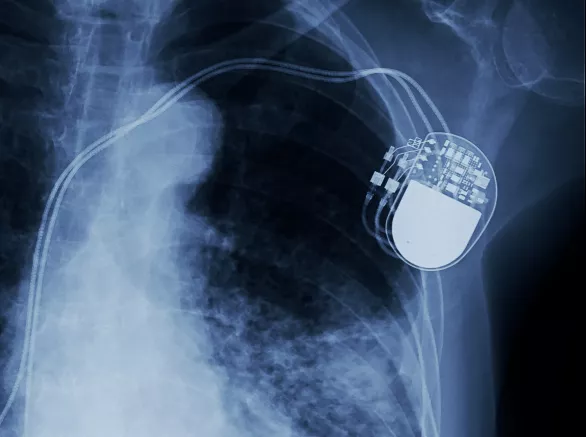

- Ph.D., Chemical Engineering, Drexel University, 2018
- B.Sc., Chemical Engineering, University of Maryland, Baltimore County, 2013
- Professional Engineer Chemical, California, #7001
- Drexel College of Engineering Carleone Award, 2015-2016
- Koerner Family Award, 2014-2015
- Undergraduate Research Award, 2012
Dr. Dillon's expertise is in employing a multidisciplinary approach to the characterization and evaluation of medical devices throughout the total product lifecycle with a focus on benchtop and simulated analysis of thermal and electromagnetic interactions between medical devices and the human body.
Dr. Dillon has extensive experience in assessing risks and the evaluation of the safety of active and passive medical devices in MRI environments. Using multiphysics computational modeling, he has characterized thermal and electrical potential patient hazards patients in the MRI environment and determined worst-case configurations of modular medical devices to optimize and focus MRI-compatibility tests. He has designed, performed, and reviewed MRI-compatibility tests on medical devices ranging from large orthopedic product families and cardiac devices to cochlear implants and prototyped neurostimulators.
Additionally, he routinely applies his extensive background in material characterization and optoelectronics to evaluate medical device performance. This includes developing protocols to test on prototype devices, supporting compliance to MRI and EMC standards through customized testing and scientific rationale, and characterizing orthopedic wear debris and explanted medical devices. Dr. Dillon also has experience in design review and failure analysis of medical devices to support root cause investigations to identify factors impacting manufacturing throughput. Dr. Dillon's technical work has also contributed to responses to FDA deficiency letters for regulatory submissions. He also has done extensive work in mining, compiling, and reviewing large and complex datasets using tailor-made automated data analytic tools.
Dr. Dillon obtained his Ph.D. in Chemical Engineering from Drexel University where he developed electrophoretic deposition of semiconducting nanocrystals for scalable and sustainable manufacturing of photovoltaics. This work spanned from the synthesis and preparation of colloidal nanocrystals to reactor design and electrophoretic deposition of semiconducting thin-films to optoelectronic and morphological characterization of the resulting deposits. In addition, he collaborated with the Material Science and Engineering department to explore solution-processing methods for fabricating transparent conductors with colloidal 2D Ti3C2.
